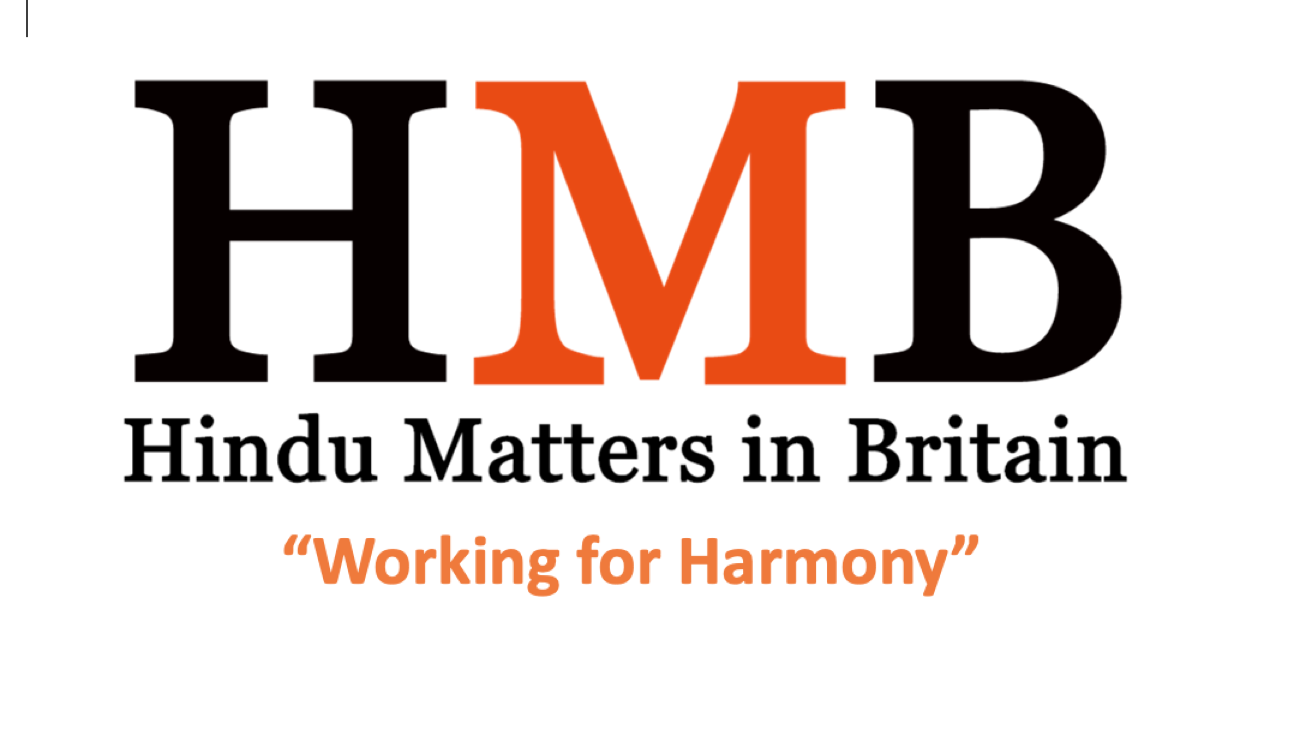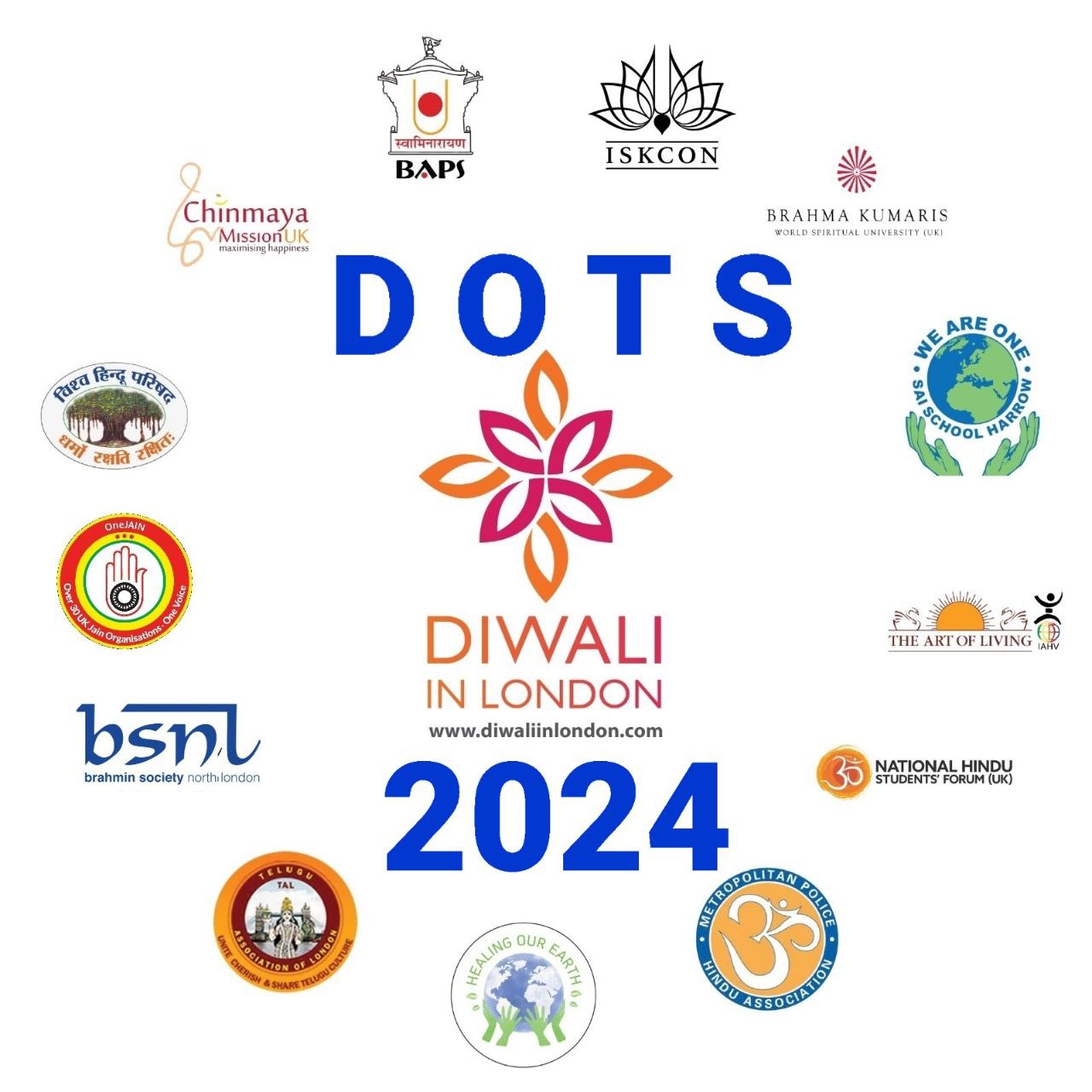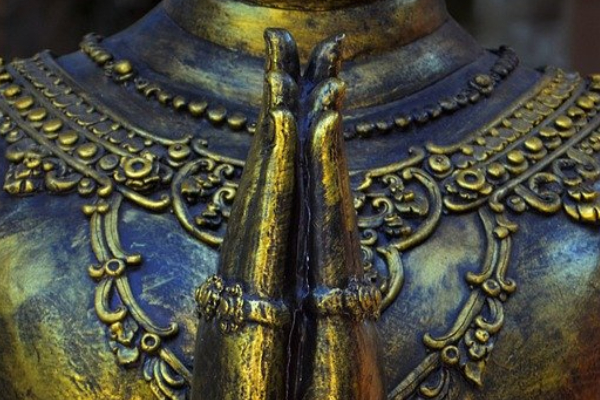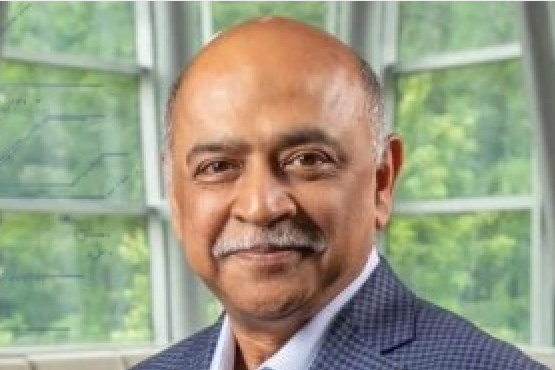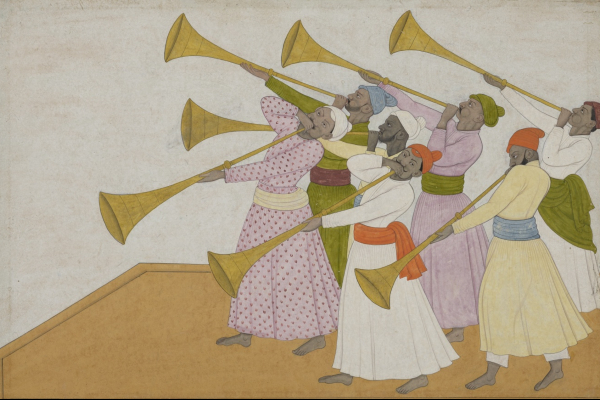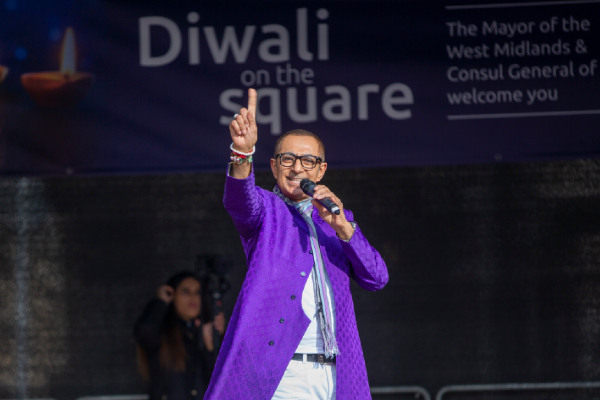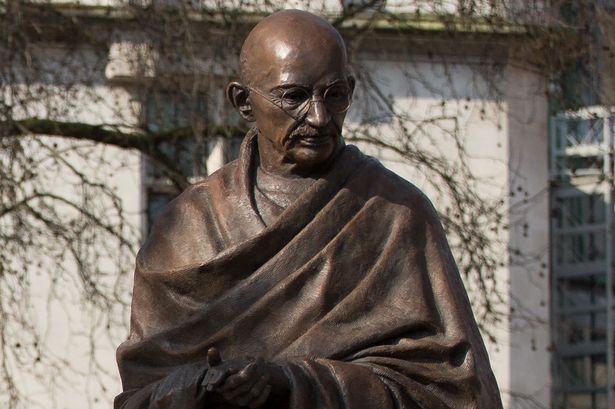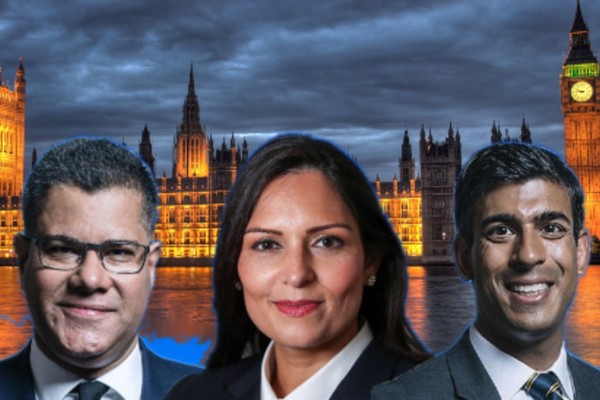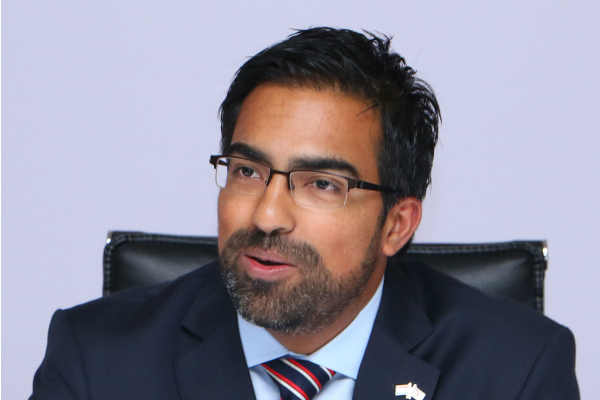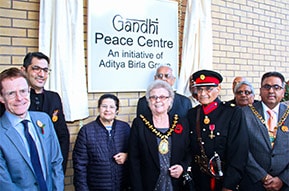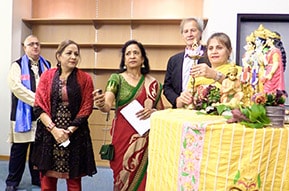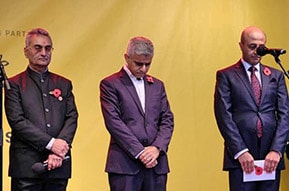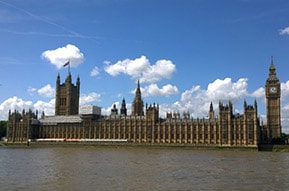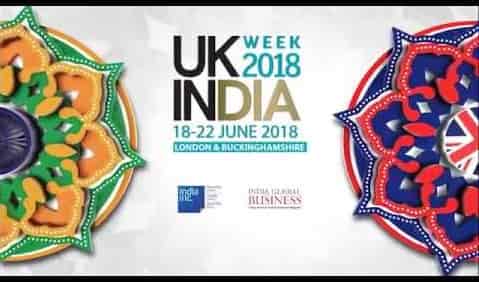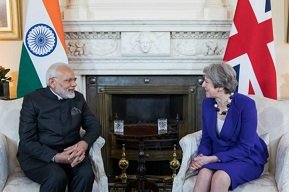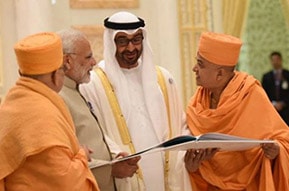The UK Indian way forward
Our news media is full of the plight of Syrian migrants desperate to find a place to call home without bullets and bombs. And while national television broadcasters may be showing pictures of European citizens reaching out with charitable hands, the other side of some social media and elsewhere is not all that rosy with migrant phobia the buzz word.
Many fear that the UK already has too many people and indeed the last election was plagued by the immigration issue. With more than 330,000 net immigration last year, the fears for many in the UK grows as to when will the trend reverse. But that is unlikely as Britain announces to allow thousands of more refugees from Syria. It is indeed a moral duty and as the conflicts in the world continue, so will the movement of people. Europe will always attract those running from danger and searching for security – after all people only want the best for their children and families.
In the context immigrant trends of the UK, the Office for National Statistics (ONS) figures recently indicated that India is the most common non-EU country of birth in the UK. People of Indian origin now represent 9.6% of the total non-UK born population with around 793,000 residents. This is a significant shift from 2004 when there were 505,000 India-born residents. This is an increase of 288,000.
However, what is critical to note is that all the socio-economic data suggests that British Indians are affluent; they have a large middle-class community; are exceptional in educational achievements and amongst the lowest of all ethnic groups on the poverty ladder. In other words, people of Indian origin are most likely to be in elite professional and managerial roles in Britain.
According to 2011 census, Indians are the most successful ethnic minority group with 15.4 % found in class 1 of eight occupational groups, comprising higher managerial, administrative roles as well as professions like doctors and lawyers. Around 41% of doctors come from an ethnic minority background, particularly from an Indian or those classed as other whites according to the ONS.
But let’s not forget, many of these people came to the UK with very little and worked long hours to become successful and provide a future for their families. They have been loyal and integrated within the mainstream social, cultural, economic and political life of the UK. As the immigration debate continues to fuel the news pages, it is worth remembering that there are some communities who will quietly get on, work hard, stay loyal and adapt without worrying about losing its own identity.
The immigrant impact further played a role in the recent elections when Indians played a significant role in the election results. For the first time, most Hindus and Sikhs voted for the Conservatives. It was a change in a political landscape where the Labour Party no longer owned the ethnic vote.
Indeed, the Prime Minister David Cameron paid tribute to some of his young Indian talents who made the dream effort. Ramesh Chhabra who was Special Adviser to the Chancellor of the Exchequer and Ameetpal Gill, Director of Strategy at 10 Downing Street both received OBEs. Lalini Phoolchand, Deputy Head of the Direct Communications Unit at 10 Downing Street was made an MBE.
Experts believe that one of the major reasons for Conservatives’ dream run was the crucial India vote. Prime Minister Cameron has even promised that he will visit the Akshardham temple in Delhi and that Britain should take inspiration from Hinduism if it wants to become better.
He is quoted as saying “When I look at the Ramayana and my understanding of the Hindu religion, there’s so much that you have to say about the importance of family, about the importance of community, about the importance of voluntary service – these are all the values that our country needs more of. So, as you celebrate your values, let’s make them our values, and let’s have more of them in Britain”.
Indian immigrants are doing well all over the world. Only recently the news of both Google and Microsoft having Indian CEOs just added further impetus that working hard for your adopted homeland can reap rewards for you, your community and the nation. It benefits everyone and helps reduce the scaremongering linked to migration.
